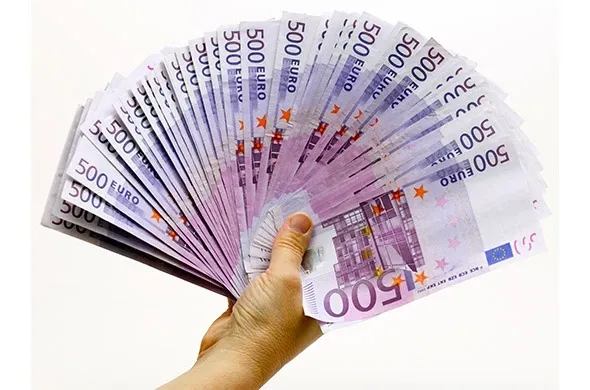Liberty Global Offloaded UPC Slovakia for €95 Million
Liberty Global agreed to sell its cable and broadband business UPC Slovakia to the local O2 subsidiary for around €95 million.

Google moved 15.9 billion euros to a Bermuda shell company in 2016, regulatory filings in the Netherlands show, saving the company billions of dollars in taxes that year, according to Bloomberg.
Google uses two structures, known as a “Double Irish“ and a “Dutch Sandwich,“ to shield the majority of its international profits from taxation. The setup involves shifting revenue from one Irish subsidiary to a Dutch company with no employees, and then on to a Bermuda mailbox owned by another Ireland-registered company.
The amount of money Google moved through this tax structure in 2016 was 7 percent higher than the year before, according to company filings with the Dutch Chamber of Commerce dated Dec. 22 and which were made available online Tuesday. “We pay all of the taxes due and comply with the tax laws in every country we operate in around the world,“ a Google spokesman said in a statement.
Google is under pressure from regulators and authorities around the world for not paying enough tax. The Irish government closed the tax loophole that permitted “Double Irish“ tax arrangements in 2015. But companies already using the structure are allowed to continue employing it until the end of 2020.
According to U.S. financial filings, Google’s global effective tax rate in 2016 was 19.3 percent. Applying that tax rate, they would have saved $3.7 billion via the 2016 transfer. Google held $60.7 billion overseas at the end of 2016 on which it hadn’t yet paid U.S. income taxes or “foreign withholding taxes,“ the company said in a filing with the U.S. Securities and Exchange Commission.
The U.S. tax law passed last month will require companies to pay taxes on the overseas income they’ve stockpiled to date at one of two rates: 15.5 percent for income held as cash or cash equivalents and 8 percent for less liquid assets. Going forward, U.S. companies that pay relatively low global effective tax rates, a sign that they’re using tax havens, would pay a minimum U.S. tax. That new tax, which begins at a rate of 10.5 percent, wouldn’t apply in cases where a company’s global effective tax rate is 13.125 percent or higher.